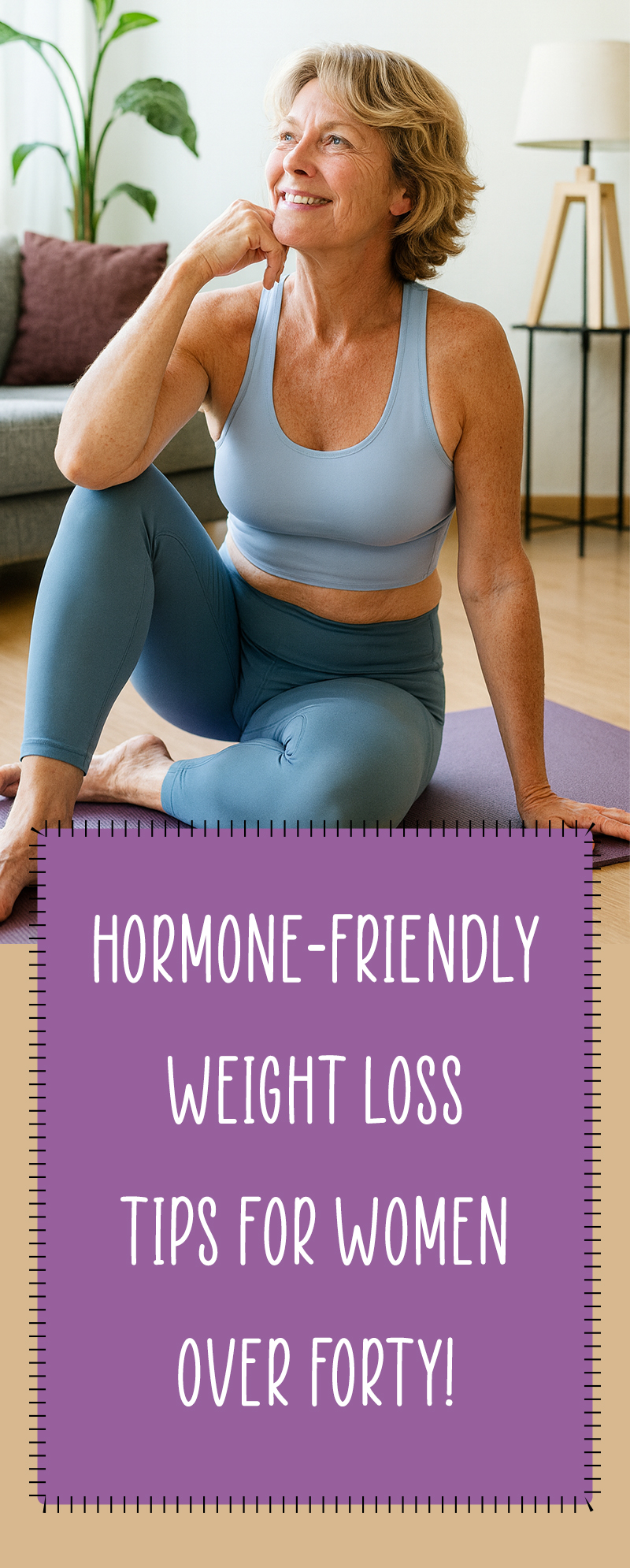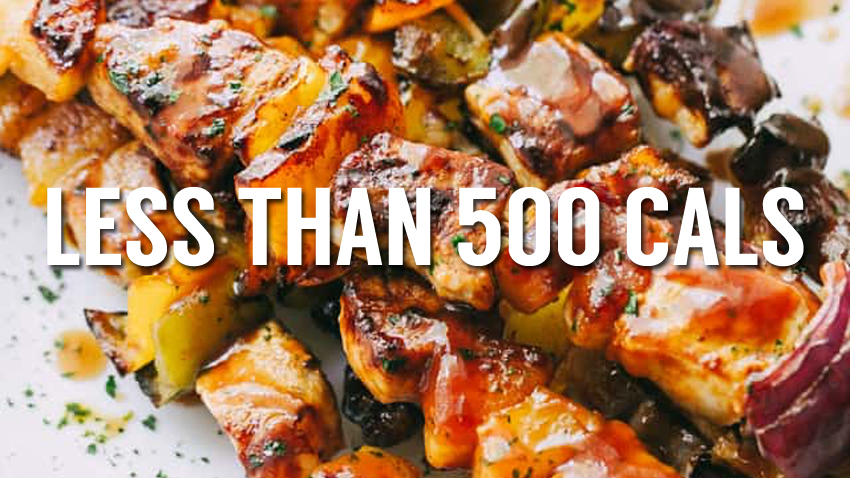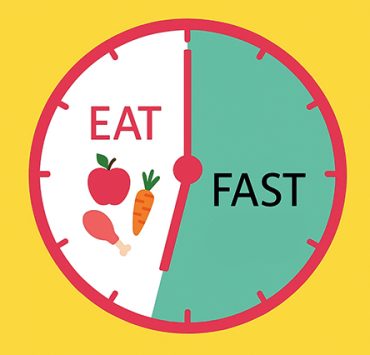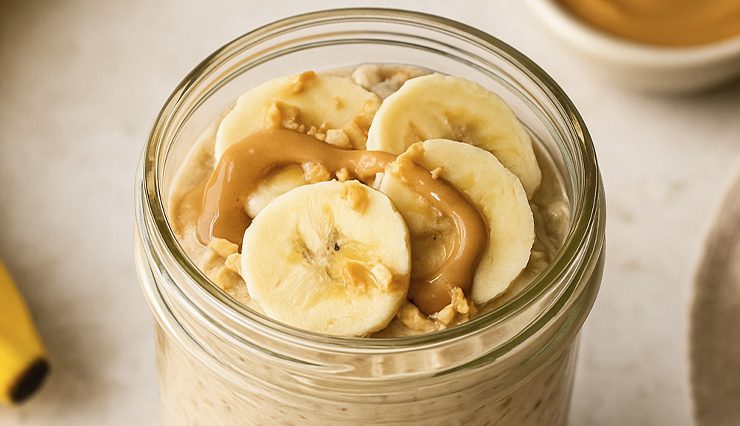Hormone-Friendly Weight Loss Tips for Women Over 40

Trimmed&Toned Team.
Hitting your 40s can feel like stepping into a new chapter of life—and for many women, that chapter comes with unexpected changes to weight, energy, and overall health. You may notice pounds creeping on more easily, belly fat that wasn’t there before, or cravings that feel harder to control. The good news? You’re not broken, and you’re definitely not alone. What you’re experiencing is often the result of hormonal shifts that naturally occur after 40.
The key to long-term success isn’t chasing fad diets or punishing yourself with hours of cardio. It’s learning how to work with your body and hormones, not against them. In this guide, we’ll break down what’s really happening inside your body and share hormone-friendly weight loss tips for women over 40 that actually work in the real world.
We’ll cover everything from nutrition and training to stress, sleep, and mindset. And if you want even more support, check out our guides on creating a simple weight loss diet plan and 30-minute workouts for busy schedules to build a lifestyle that lasts.

Understanding Hormonal Changes After 40
As women move through their 40s, hormonal fluctuations accelerate, particularly during perimenopause and menopause. Here’s what typically happens:
- Estrogen drops: Lower estrogen can promote fat storage around the belly and hips.
- Progesterone declines: Sleep disturbances and mood changes often increase.
- Cortisol (stress hormone) rises: Chronic stress makes fat loss harder and cravings stronger.
- Insulin resistance can increase: Making blood sugar harder to control, especially if diet and activity aren’t optimized.
- Thyroid function may slow: Leading to fatigue, slower metabolism, and difficulty losing weight.
These aren’t “excuses” — they’re biological realities. The empowering part is that lifestyle choices can positively influence how your hormones work. By focusing on nutrition, exercise, and recovery, you can make this stage of life one of your healthiest.
1) Prioritize Protein With Every Meal
One of the most powerful ways to support hormone health and weight management is increasing your protein intake. After 40, women experience age-related muscle loss (sarcopenia), which slows metabolism. Protein helps combat this by building and preserving lean muscle.
- Aim for at least 20–30g of protein per meal.
- Include lean meats, fish, eggs, Greek yogurt, and plant-based options like lentils and tofu.
- Protein also improves satiety, making it easier to manage cravings.
Research published in the National Library of Medicine shows that protein-rich diets improve fat loss while supporting muscle maintenance, especially important for midlife women.
2) Strength Training Beats Endless Cardio
If your routine is still centered around long cardio sessions, it might be time to shift focus. Strength training is the single best exercise for women over 40.
- Builds muscle that revs up metabolism.
- Protects bone density (critical as estrogen declines).
- Improves insulin sensitivity, making fat loss easier.
You don’t need to lift like a bodybuilder. Two to three full-body sessions per week—focusing on squats, deadlifts, presses, and rows—is enough. Combine that with shorter cardio sessions like interval walking, cycling, or swimming, and you’ll have the perfect hormone-friendly mix.
Try some of our beginner fat loss workouts you can do at home if you’re just starting out.
3) Balance Blood Sugar With Smart Carbs
Hormonal shifts make women over 40 more susceptible to blood sugar spikes and crashes. These not only affect fat storage but also cravings and mood. The solution isn’t cutting out carbs completely—it’s choosing smarter ones.
- Prioritize whole grains, sweet potatoes, oats, quinoa, and legumes.
- Pair carbs with protein and healthy fats to slow digestion.
- Limit processed carbs and refined sugars that spike insulin.
Balanced blood sugar reduces cravings, keeps energy steady, and helps maintain a healthy weight. According to the Harvard School of Public Health, choosing high-fiber carbs can lower risk of weight gain and chronic disease.
4) Manage Stress & Cortisol
Chronic stress wreaks havoc on hormones. Elevated cortisol levels make it harder to burn fat, encourage belly fat storage, and increase cravings for sugary foods.
- Incorporate stress management practices like meditation, deep breathing, or journaling.
- Set boundaries with work and technology to reduce overwhelm.
- Make time for hobbies and social connections that restore energy.
Even short “micro-breaks” of 5–10 minutes can reset your stress response and keep cortisol in check.
5) Prioritize Sleep Like It’s Medicine
Sleep becomes more disrupted in your 40s thanks to hormonal shifts. Poor sleep increases hunger hormones (ghrelin), decreases satiety hormones (leptin), and makes fat loss nearly impossible.
- Stick to a consistent bedtime and wake time.
- Keep your bedroom cool and dark.
- Avoid screens at least an hour before bed.
Women who sleep less than 6 hours per night are significantly more likely to gain weight, according to a CDC sleep report. Treat sleep like part of your fitness plan—not an afterthought.
6) Support Gut Health
Your gut microbiome plays a surprising role in weight management and hormone balance. Poor gut health can increase inflammation, affect insulin sensitivity, and slow metabolism.
- Eat more fiber from fruits, vegetables, beans, and whole grains.
- Include fermented foods like kefir, yogurt, sauerkraut, and kimchi.
- Limit ultra-processed foods that damage gut bacteria.
A healthy gut equals smoother digestion, better nutrient absorption, and improved fat loss outcomes.
7) Adjust Expectations & Mindset
Here’s the truth: weight loss in your 40s may not look or feel the same as in your 20s. That doesn’t mean it’s impossible. It means progress might be slower, but it’s often more sustainable.
Focus on:
- Non-scale victories like improved energy, strength, and confidence.
- Building lifelong habits instead of chasing quick fixes.
- Celebrating consistency, not perfection.
Your body is changing, but it’s still strong, capable, and worthy of care. Approaching this journey with patience makes results stick for the long term.
Final Thoughts
Weight loss after 40 isn’t about fighting your hormones—it’s about working with them. By focusing on protein, strength training, smart carbs, stress management, quality sleep, and a supportive mindset, you can achieve lasting results. Your 40s can be a decade of strength, vitality, and confidence when you fuel your body the right way.
Start small. Pick one or two strategies from this guide, implement them consistently, and then layer in more over time. This is how real, sustainable change happens. And remember, the goal isn’t just a number on the scale—it’s creating a lifestyle that makes you feel vibrant, empowered, and unstoppable.
You’ve got this—and your body will thank you.
Frequently Asked Questions About Weight Loss After 40
Is it harder to lose weight after 40?
Yes, due to hormonal changes, muscle loss, and a naturally slower metabolism. But with proper nutrition, strength training, and lifestyle adjustments, weight loss is absolutely possible.
What is the best diet for women over 40?
There’s no one-size-fits-all, but focusing on lean protein, high-fiber carbs, healthy fats, and whole foods works best. Avoid extreme fad diets—they often backfire. A balanced approach supports hormones and sustainable fat loss.
How much exercise should women over 40 do?
Aim for at least 150 minutes of moderate activity per week plus 2–3 strength training sessions. Shorter, high-quality workouts are more effective than hours of low-effort cardio.
Can menopause cause belly fat?
Yes. Lower estrogen during menopause shifts fat storage toward the midsection. This doesn’t mean belly fat is inevitable—strength training, smart eating, and stress management help reduce it.
What supplements help with weight loss after 40?
Whole foods should always come first. That said, some women may benefit from vitamin D, omega-3s, or magnesium. Always check with your doctor before adding supplements, especially if you’re on medications.
How long does it take to see results?
Most women notice changes in energy and mood within a few weeks. Visible fat loss typically takes 6–12 weeks of consistent effort. Focus on building habits, and the results will follow.
Trimmed&Toned Team.














